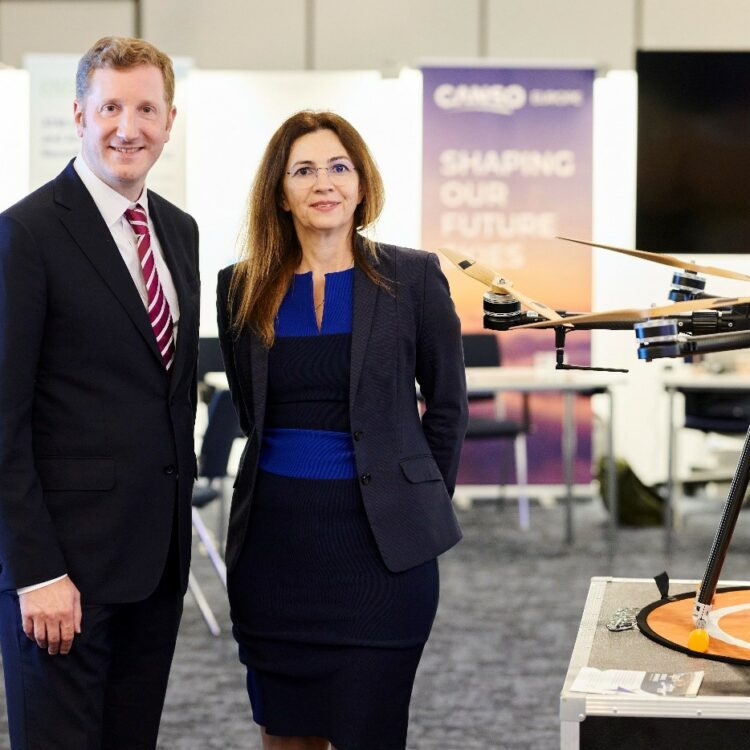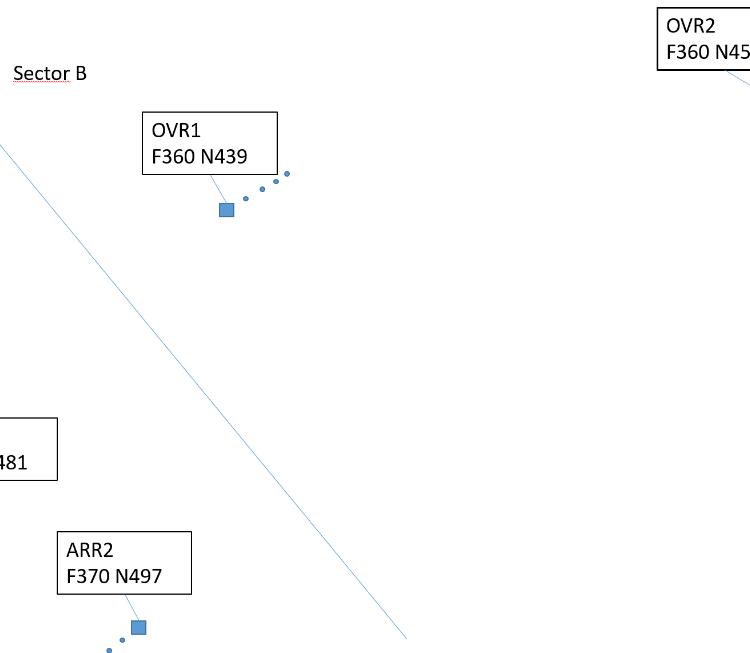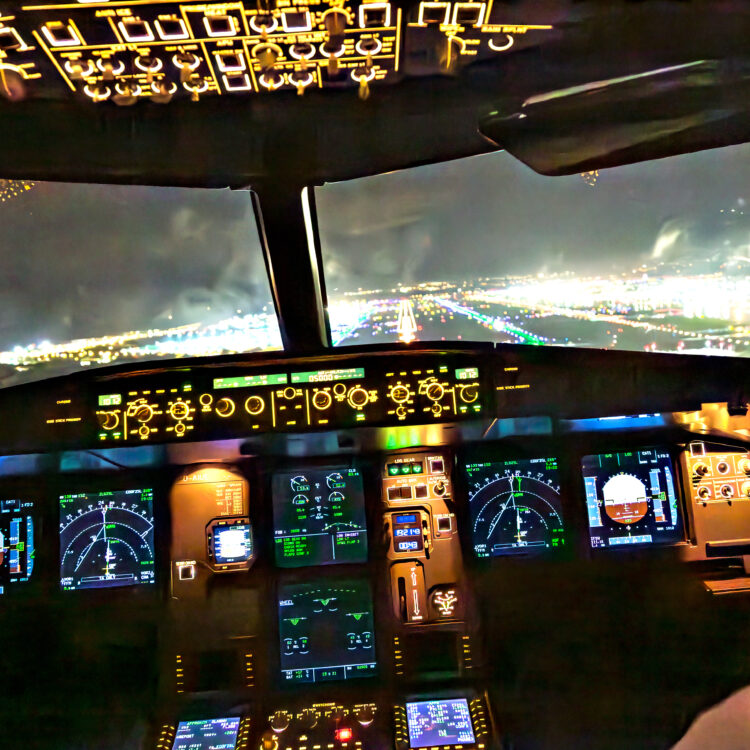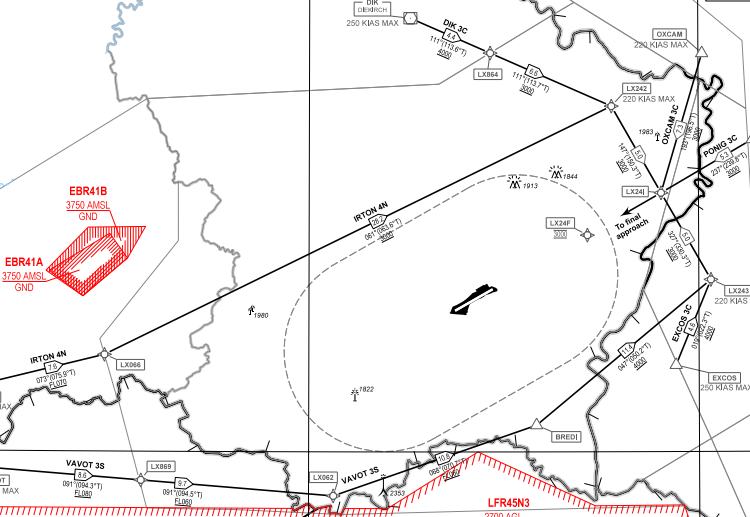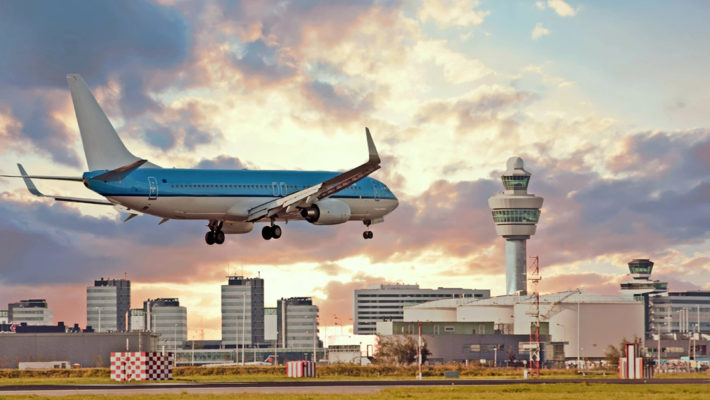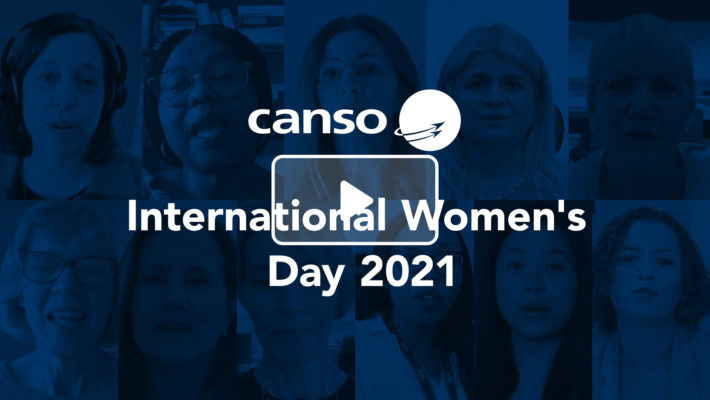News and views – the latest from CANSO and its Members
Latest news
CANSO Global ATM Summit 2024 programme taking shape
ENAIRE managed nearly half a million flights in the first quarter: almost 10 per cent more than those operated between January and March 2023
Indra modernises the ground surveillance system at Paris Charles de Gaulle Airport ahead of the Olympics to improve its operations
Air traffic controllers from around the world meet in Singapore to discuss best practices and challenges in air traffic management
ENAIRE allocates nearly 5 million euros to improve the efficiency of technical operational processes in its voice communications systems
Looking ahead to a busy European summer – The CANSO Air Traffic Management Podcast
Aireon launches Safety Dashboard
Registration for the CANSO Asia Pacific Conference 2024 now open
Thales, Presagis, Université Laval combine their expertise to increase autonomy in advanced air mobility solutions
ENAIRE has already implemented 86 per cent of the investments of the Recovery, Transformation and Resilience Plan (PRTR)
Views
Blog

CANSO drones exhibition wins over European Parliament
In February, CANSO Europe, with the support of MEP Jan-Christoph Oetjen, organised an exhibition in the European Parliament entitled “Drones – Innovation to Shape our Future Skies”. This brought together ANSPs, European Agencies and SESAR3 JU projects to show how they …
Blog
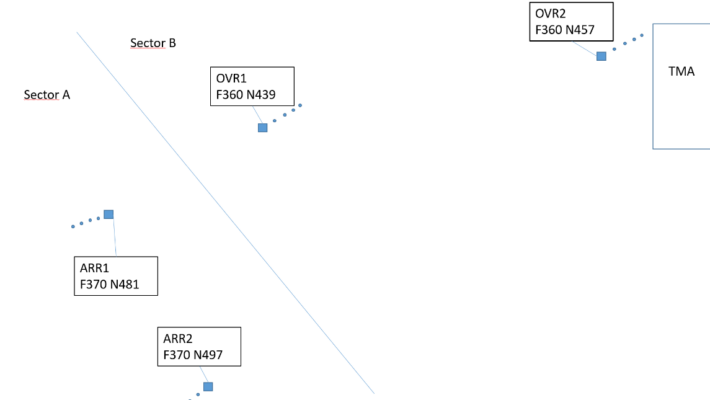
Unravelling the intriguing risk of finished tasks
From all clear to almost too near By Maximilian Peukert, Aviation Psychologist and Human Factors Specialist, and Eivind Martinsen, ATCO and Group Manager, Air Navigation Services of Sweden (LFV). It is a normal day at work. The Air Traffic Controller (…
Blog
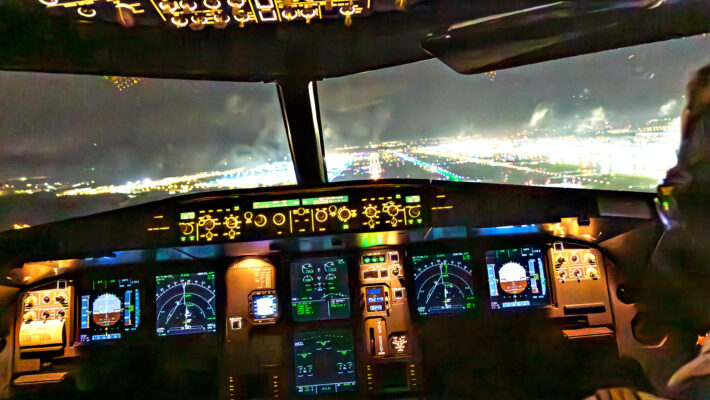
Be prepared – for anything
At any given moment, more than 10,000 aircraft are in the air carrying millions of air travelers across the globe. These flight activities serve to connect loved ones, transport tourists and businesspeople, move supply chains, and drive global economies. Any disruption …
Blog
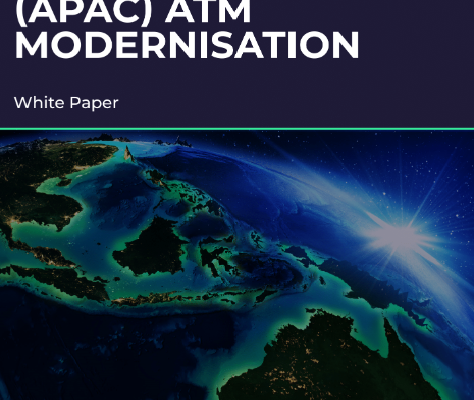
The Asia Pacific ATM White Paper: A manifesto for regional ATM?
Sichuan is known as a prosperous agricultural province of China, but this has not always been so. The Chengdu plain in Sichuan used to be plagued with floods and droughts. More than 2000 years ago, Li Bing, a local official built …
Blog
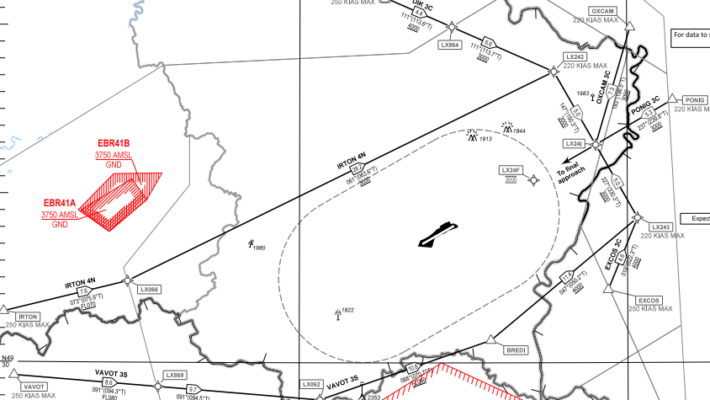
Increasing Efficiency: Luxembourg’s Administration of air navigation’s innovative initiatives on horizontal and vertical flight management
In the ever-evolving landscape of air traffic management, Luxembourg Administration of air navigation (ANA) has been at the forefront of initiatives aimed at enhancing both horizontal and vertical flight efficiency. The focus on Continuous Descent Operations (CDO) and Continuous Climb …
Blog

Clearing the air on contrails
On November 7 and 8, CANSO co-hosted with EUROCONTROL the Sustainable Skies Conference: Contrails in Focus. The event brought together scientific research and academic organisations, technology suppliers, aircraft manufacturers, the fuels industry, ANSPs, airlines, pilots, government agencies and NGOs active in the …
